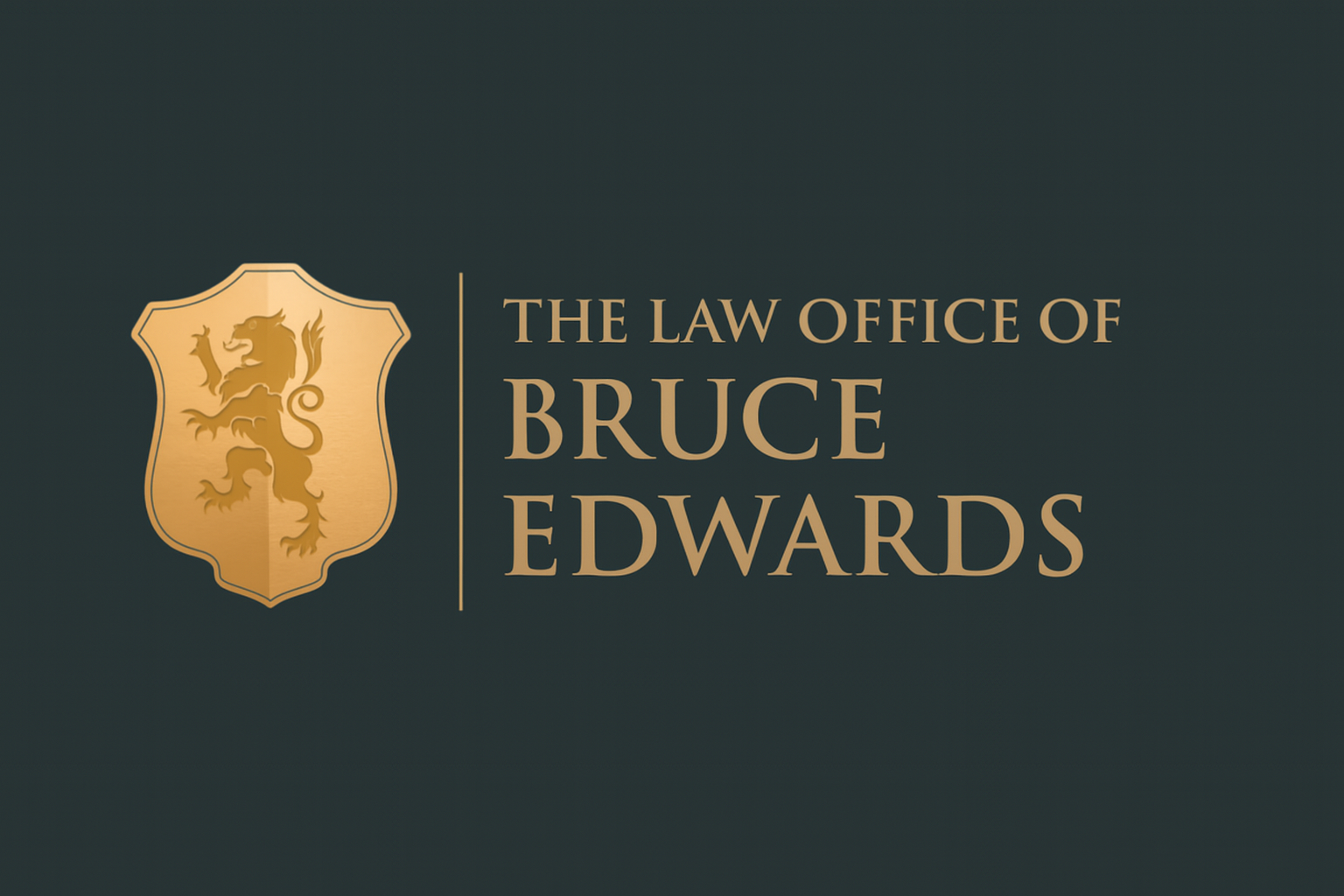When an Injury Keeps You Off the Job: Workers’ Comp and Paid Leave Essentials
Author | Date
A workplace injury doesn’t just cause physical pain — it can threaten your financial stability. Many injured workers ask: Will my employer pay me while I recover? Can I file for workers’ compensation and also use paid leave? In this post, we’ll break down your rights under workers’ compensation, how paid time off (PTO) fits in, and how Edwards Law helps injured workers in Georgia get the benefits they deserve.
Workers’ Compensation 101
-
What it covers: In Georgia, workers’ compensation generally covers medical treatment, rehabilitation, and a portion of lost wages (called temporary total or temporary partial disability).
-
No-fault system: You don’t need to prove your employer was negligent — you just need to show the injury arose out of and in the course of employment.
-
Reporting requirement: Notify your employer promptly (often within 30 days). Failing to report can jeopardize your claim.
-
Denials and disputes: Many claims are denied or underpaid. Common defenses include employer claim that the injury is not work-related or that you failed to follow protocol.
Using Paid Leave (PTO, Sick, Vacation) and Workers’ Compensation Together
Many workers are uncertain whether they can use their paid leave while their workers’ comp claim is pending. The answer depends on your employer’s policies and state law:
-
Supplementing income: If your workers’ comp payments don’t fully replace your salary, some employers allow you to “top up” by using sick leave or vacation — but you must check your employer’s policies.
-
No double recovery: You generally can’t be paid twice for the same lost hours (i.e. you can’t get 100% workers’ comp and full wage from PTO for the same hours). But strategic use of paid leave can help smooth your income flow.
-
Continuation of benefits: Using paid leave may allow you to maintain benefits (like health insurance) that might otherwise lapse during prolonged recovery.
-
Notice to employer: You should formally notify your employer and ensure the time-off is properly documented, distinguishing between workers’ comp leave vs. normal PTO.
What To Do If You’re Denied or Underpaid
-
Request a written explanation
Ask your employer or insurer to explain in writing why your claim was denied or how they computed benefits. -
Gather evidence
Medical records, witness statements, accident reports, and any prior safety complaints can support your case. -
File an appeal / request a hearing
Georgia’s State Board of Workers’ Compensation handles disputes. You may need a hearing to contest a denial. -
Consult a workers’ comp attorney
An attorney can assist in appealing denials, negotiating settlements, and ensuring you receive full benefits (including past unpaid benefits and future disability).
Tips to Protect Yourself & Your Claim
-
Report the injury right away (document in writing).
-
Follow all medical advice — skipping appointments can be used against you.
-
Keep copies of everything — bills, reports, correspondence.
-
Don’t sign anything without legal review.
-
Notify your employer in writing before using PTO, clearly distinguishing what is paid leave vs. work comp leave.
How Edwards Law Helps Georgia Workers
At Edwards Law, we specialize in workplace injury and workers’ compensation cases in Southeast Georgia. When you work with us, you get:
-
A free consultation to evaluate your claim
-
No upfront legal fees — we recover only if you receive benefits
-
Representation through appeals, hearings, and settlements
-
Advocacy for full benefits: medical treatment, wage replacement, temporary/permanent disability
If you’ve been injured on the job and your employer or insurer is delaying or denying your claim — or you're unsure about using your paid leave — contact Edwards Law for a powerful ally in your corner.
